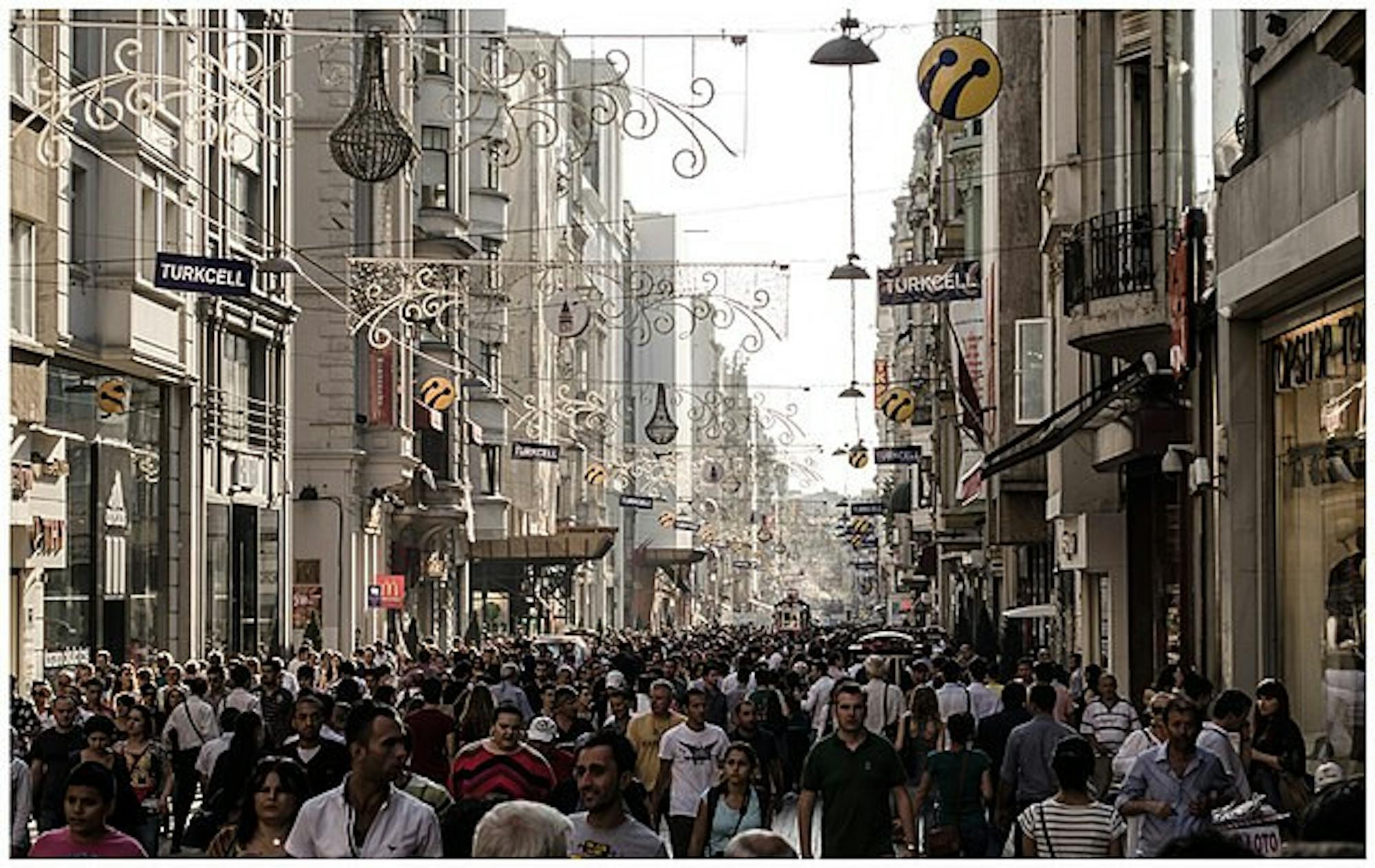On Nov. 13, a bomb exploded in Istiklal Avenue located in the Beyoğlu district of Istanbul, Türkiye. Six people, including a 9-year-old girl, died and at least 81 people were injured.
Known to be the heart of Istanbul, Istiklal Avenue is the busiest street of the city. It has long been a tourist attraction but it is also where hundreds of years of history reside with family heritage shops and vibrant cultural restaurants. Getting its name, Istiklal (Independence), from Turkey’s triumph in the War of Independence, it symbolizes Turkish values and the culture to the Turkish people.
Turkish President Tayyip Erdogan denounced the bombing’s perpetrators, referring to the incident as a “treacherous attack.” The Istanbul Police Department identified Syrian woman Ahlam Albashir as the suspect, who allegedly confessed to the crime during interrogation.
Following the deadly explosion, measures to restrict the Internet were implemented by Turkey’s Radio and Television Supreme Council. Social media was restricted and broadcasts about the incident were banned for hours, leading to an increase in VPN usage, with 850% more VPN downloads than usual.
Media restrictions in the country have long been criticized locally and globally through headlines such as “In Turkey bombings, media bans arrive before ambulances” from the Associated Press. The disruption to communication prevented people from learning critical information about the situation and facilitated the spread of misinformation.
Having lived in Istanbul my whole life, waking up to this news broke my heart. As I was trying to understand what actually happened, I also tried reaching out to my friends and family to ensure they were okay. Reading the condolences emails I received from my professors and thinking about the innocent lives taken, I came across a New York Times tweet covering the news: “Of the tens of millions of tourists from around the world who visit Turkey each year, many spend time in the area where Sunday’s bombing took place.”
The reactions to this tweet brought it to the center of Turkish social media discourse. Burak Kadercan, an associate professor at the U.S. Naval War College and former research fellow at The Fletcher School at Tufts University, tweeted, “This is a crude demonstration of what John Hobson referred to as ‘subliminal Eurocentrism’ which simply repackages the colonial & racist ropes of the past. In this reading, West is about ‘people’, and East is merely a collection of ‘places.’” Reactions on social media ranged from Instagram captions such as “A life in the East is not lesser than a life in the West.” and tweets like “Turks, too, from time to time have been known to walk down Istiklal.”
This heartbreaking and cruel incident being portrayed in the media with a focus on the tourist attractions of Istiklal Avenue rather than the atrocity itself was heavily criticized. On such saddening news, social media platforms, journalists and broadcasts should focus on delivering the news transparently and empathetically, centering the facts and prioritizing victims and their families.
The role of social media when delivering the news is multifaceted. It is inherently useful for spreading the news to billions of people and for raising awareness — making objectivity and sensitivity even more important.
Historically and today, Western media channels focus heavily on the news that is relevant to the West. Many of such stories get covered more empathetically, often leading to greater attention being paid to the West from all around the world. On the contrary, news about the East is oftentimes presented through a West-centric lens and gets lost in the media, leaving public outcries and suppressed voices unheard.
Political or social issues in the East are easily politicized and bring up criticism about the region being uncivilized, particularly where war, terrorism or other atrocities are involved. Especially under oppressive and silencing regimes where the freedom of the domestic press is at risk, this becomes a bigger issue. The people who have the power to deliver transparent news should use their power to raise awareness about important matters and to help the silenced people of these countries.
Hoping such heartbreaking incidents will not be repeated, I feel sorrowful about the innocent lives taken. I am heartbroken and saddened by the loss of human lives and injured people. While I am hoping for a world where such incidents never take place, innocent lives aren’t taken and peace is attained. I am also hoping for unbiased portrayals of tragedies in the global media, that will truly raise awareness for those who need it most.





